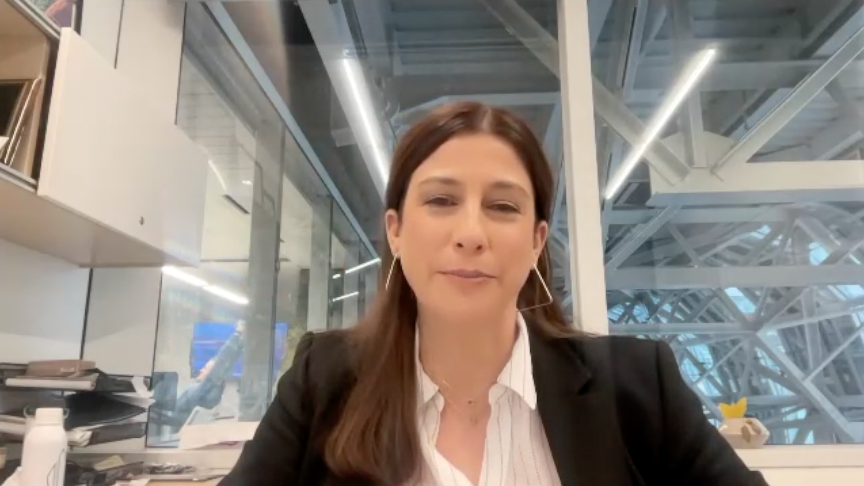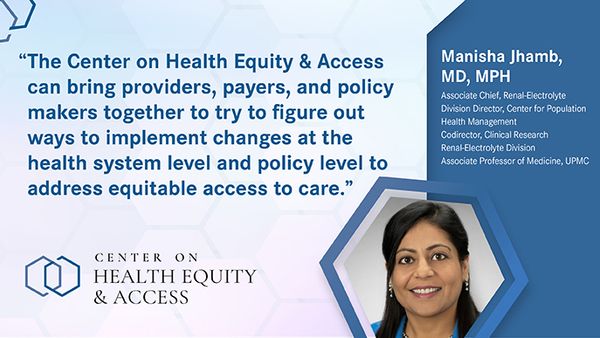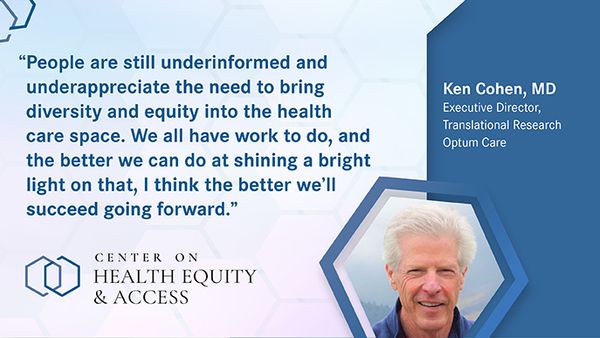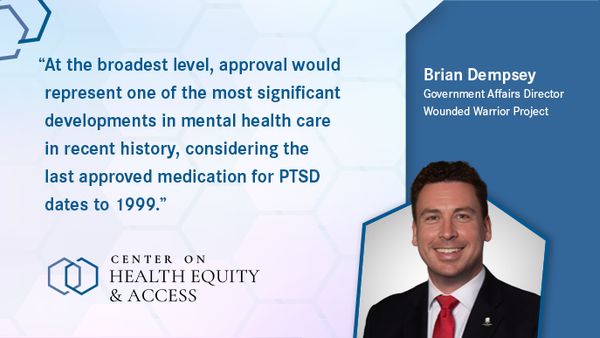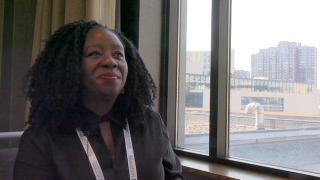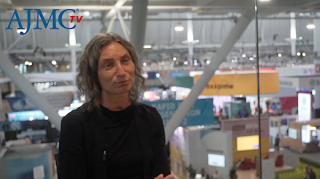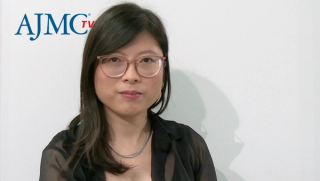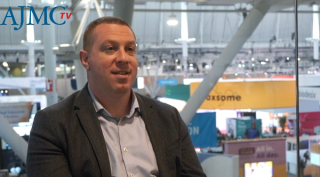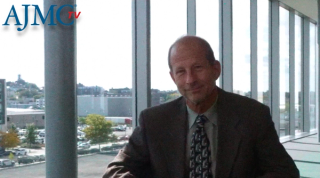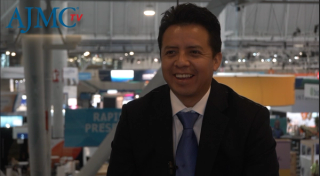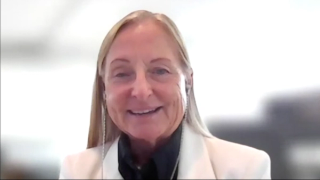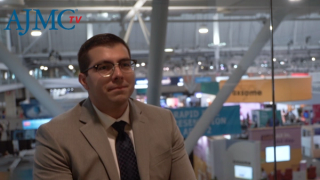
Center on Health Equity & Access
Latest News
Latest Videos

More News

Within the past week, news has emerged from the Trump administration, from the HHS secretary confirmation hearings to retracted FDA guidelines on diversity in clinical trials.
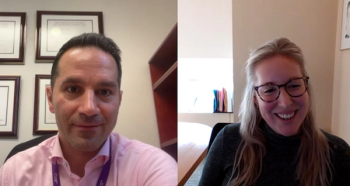
February 4 is World Cancer Day, and in these interviews with our Strategic Alliance Partner, NYU Langone Health, we learn about the importance of forming strong relationships with the communities you are located in and with whom you work to optimize cancer-related outcomes.
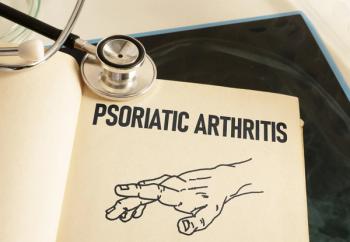
Hispanic and non-White patients with psoriatic arthritis (PsA) had higher tender joint counts and greater disease severity, highlighting racial and ethnic disparities in PsA disease burden and treatment outcomes.
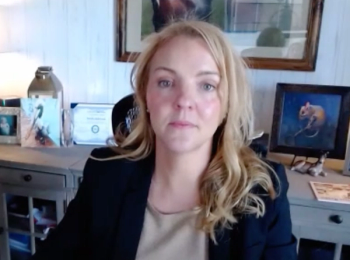
Sarah Anderson, oncology strategy lead director, Novotech, discusses the significance of triple-negative breast cancer research in the Asia-Pacific region, and the importance of clinical trial diversity in this region.

A polypill for preventing cardiovascular disease has the potential to address health inequities and expand health care access for low-income populations.

A polysocial risk score is a potentially useful addition to the growing methodologies to better understand and address health-related social needs.
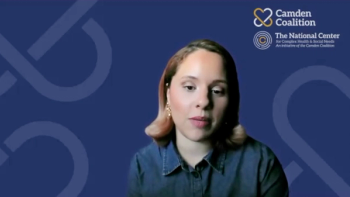
Gladys Antelo-Allen of Camden Coalition discusses a new skills lab offering accessible learning modules with 12 microlessons on best practices for approaching complex care.

The FDA removed previously issued draft guidance on diversity in clinical trials from its website without public notice or explanation.
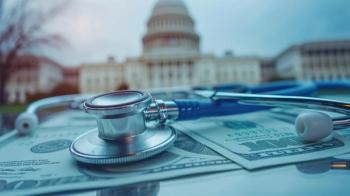
This week, Robert F. Kennedy Jr sat before the Senate for 2 separate hearings, to decide the fate of his confirmation as secretary of HHS.
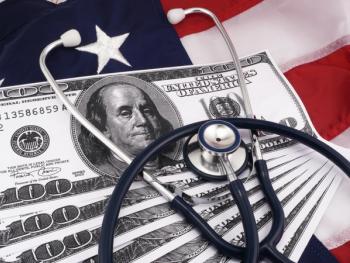
Early adult death in the US has significantly increased since 2010, with mortality rates exceeding prepandemic levels, even in 2023.
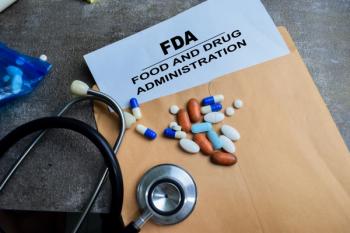
Suzetrigine (Journavx) is the first new drug approved to treat acute pain in over 20 years and the first to be classified as a selective NaV1.8 pain signal inhibitor, an alternative to opiates.

Medicare Advantage enrollees, particularly Hispanic and Asian or Pacific Islander decedents, use less end-of-life home health care than those enrolled in traditional Medicare.

Sen. Bill Cassidy, MD, (R, Louisiana) holds a key vote on Robert F. Kennedy Jr's HHS Secretary confirmation. When Cassidy asked for a strategy on Medicare and Medicaid, Kennedy could not provide one.

Although long-term nursing home stay or death decreased before the COVID-19 pandemic, the trend slowed during the pandemic across all racial and ethnic groups.

Prolonged immigration detention is significantly associated with worsened self-rated health, along with high rates of posttraumatic stress disorder (PTSD) and mental illness.
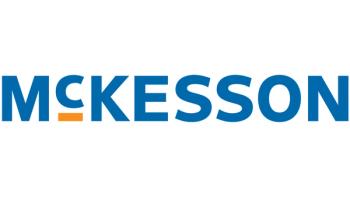
The renewal for the ninth straight year includes McKesson's latest measure for resolution of health-related social needs.

Young patients with cancer residing in historically redlined areas face a significantly higher risk of mortality, demonstrating that structural racism contributes to disparities in survival outcomes.
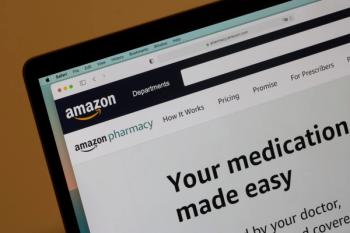
Amazon Pharmacy's RxPass program shows promise in boosting medication adherence and reducing costs, according to a study.

Highlights from last week include President Trump's executive orders, the FDA approval of esketamine nasal spray for depression, mental health access through Medicaid Managed Care, the impact of travel time on surgical outcomes, and life expectancy disparities.

On this episode of Managed Care Cast, we speak with the author of a study published in the January 2025 issue of The American Journal of Managed Care® to examine the association between quantitative network adequacy standards and mental health care access among adult Medicaid enrollees.

Life expectancy gaps in the United States have widened dramatically over the past two decades, with disparities across racial, ethnic, and geographic lines reaching a staggering 20.4 years by 2021.

President Donald Trump's initial executive orders target previous efforts to reduce health care costs, pandemic preparedness, and international partnerships, showing a stark contrast to the Biden administration.

Analyzing patients' travel time to receive emergency surgical services provides valuable insights that can inform policy reform and address the needs of rural communities.
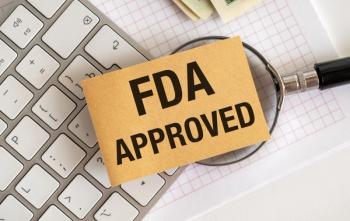
Esketamine (Spravato; Johnson & Johnson) is now the first and only monotherapy for adults with major depressive disorder (MDD) with inadequate response to at least 2 oral antidepressants.

Among publicly insured children with mental health–related encounters, racial and ethnic disparities in telemental health use widened following the onset of the COVID-19 pandemic.


